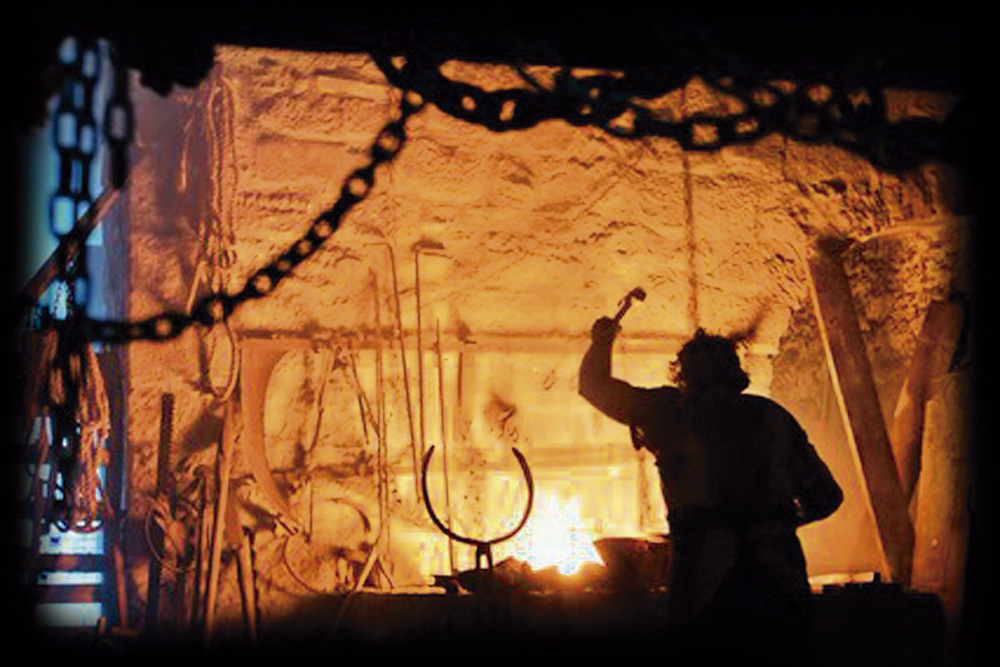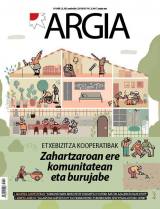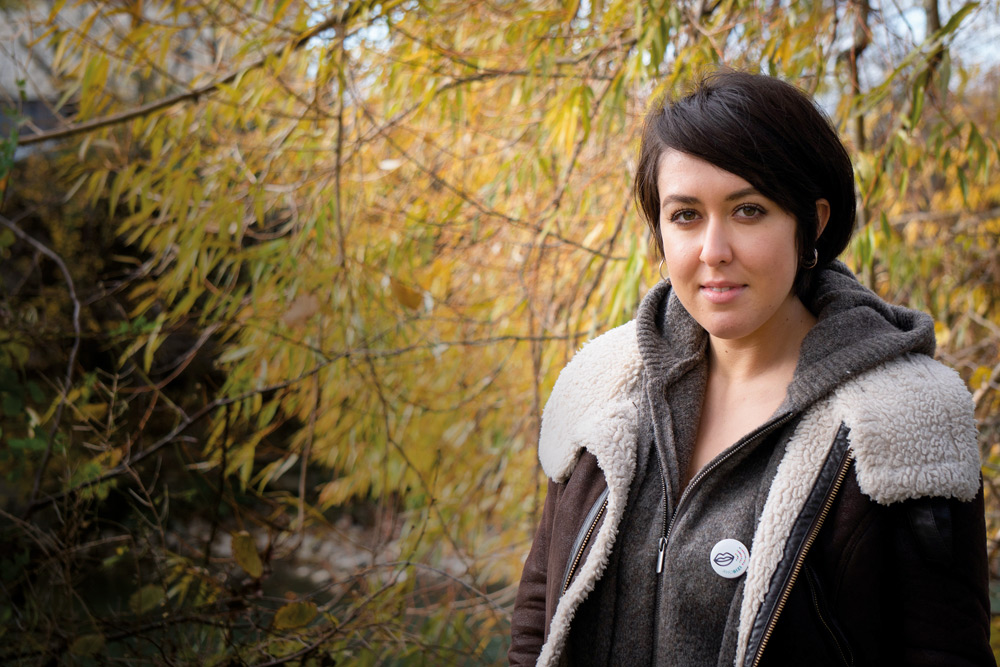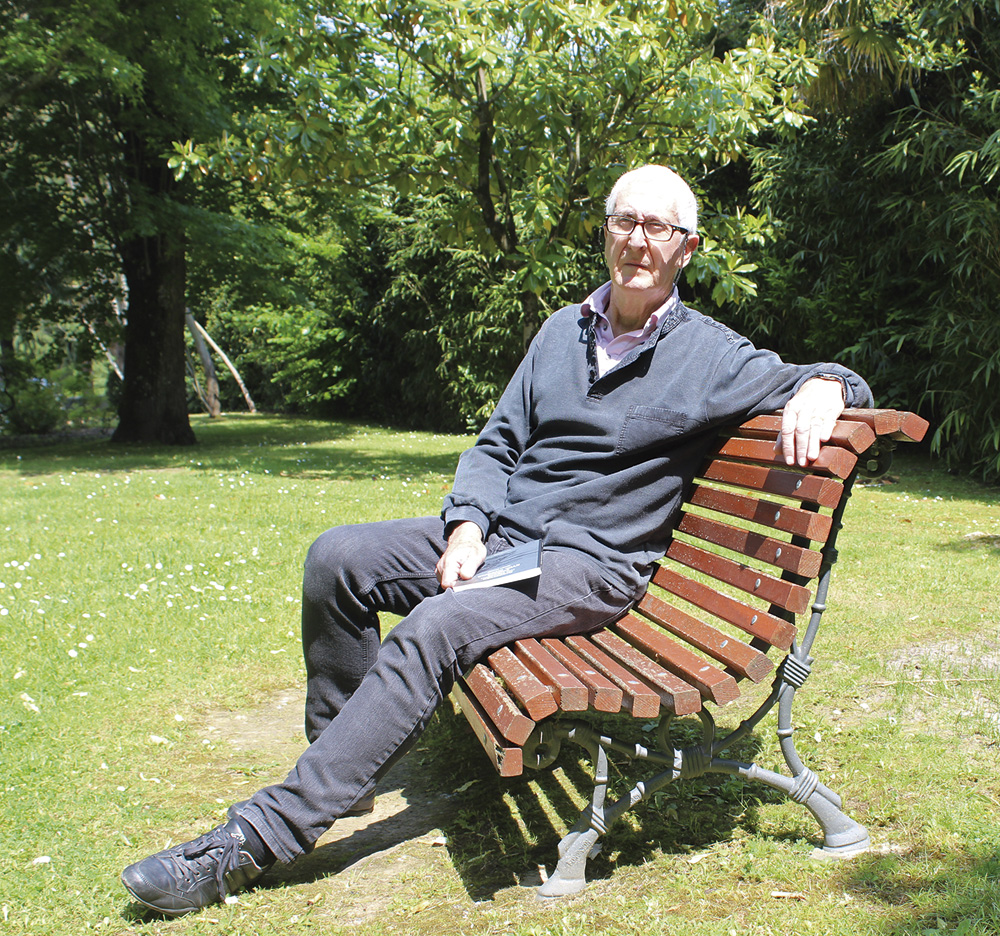When to choose the batua and when the dialects?
- On December 8, at the Durango Fair in Irudienea, four diners have met to answer this question. Olatz Beobide, Jon Garaño, Patxo Telleria and Paul Urkijo have explained several reasons why they bet on one or the other figure in the audiovisual media. The truth is that they have not put at opposite ends one way or another of speaking Basque, but they also use them in fight, in confusion, in their work, and especially in fiction, they have excellent tools to play.

Jon Garaño, 80 egunean, director of Loreak and Handia, states that he has had more tendency than in the sum for the Basque dialects. However, he believes that, more than the Basque dialect, there are many people who speak between the dialect and the batua, especially young people. It does not, therefore, draw any lines between the two. On many occasions, the choice between the two has been something of great importance for the actor. He's done it in the movie. How do you fix it best, how it comes out more natural. Another thing is that the film Handia premieres in the 19th century. They have not used the language of Tolosaldea, because we do not know how they spoke at the time in Altzo, they have used a language that makes viewers believe. However, the actor is always at the center, if a phrase has been more natural at the same time, as they have kept it.
Patxo Telleria does not like the separation between the Basque dialects and the batua. Being Euskaldun berri says he does so in a dialect, in Euskera, in a provocative tone. He has directed two films in Basque (Igelak and Bypass) and directed them in Basque. In his opinion, audiovisual works must comply with three rules in terms of language: comprehension, expressiveness and credibility.
He has set an example to explain the last term. The character of Lubis (Telleria prepares the script of the film The Son of the Accordionist) speaks in unified Basque in the novel of Bernardo Atxaga, but when he becomes a character of flesh in the film it is not credible that the assistant of Asteasu does it in common. What's credible in the novel, maybe it's nothing in the movie.

To answer the questions of the round table, Paul Urkijo only told the experience of his first feature film, which will be released on 2 March. ERREMENTARI is a fantastic historical film. As a historical one, it has to convince viewers that it is located in the 19th century. He believes that it must be the tone of the old Basque and has therefore used an Alavés who has already disappeared from his post. Believable, but not forgetting that it's fantastic, this genre gave him a great opportunity to play with language with great freedom. Single limit, intelligibility. In the film there is everything: small Alaveses who speak in Basque as the missing dialect of Alavés, an administrator of the deputation who speaks in a more cultured and urban way, and Patxi Errementaria who speaks in the way of Ataun. The demons do it together, in Basque dress and with apocalyptic phrases. Urkijo gives color to characters through the texts of language.
In the opinion of Olatz Beobide, the language chosen should serve the viewer to enjoy the story, enter it and not leave it. You have to do what's close, and at the same time, the viewer can't say, "What did you say there?" He's the director of the teleserie Eskamak kentzen and it's the work he's got in his head when he's told it. The actors were free to express themselves in their language and, at the same time, had to be credible, as not all of them were from Mutriku, but the story was in Mutriku and the escabecheras were from Mutriku.

When choosing one language or another, all four agree that credibility should be taken into account very much, but Garaño added that credibility must be given importance to the extent. He has given an example to explain it. Many people who saw the film Loreak told him that it was not credible that all the characters always spoke in Basque and that the whole film was in Basque: “It’s true, we don’t always speak in Basque. But we have no problems watching the movie Cows in Spanish. The Americans make Cleopatra in English and make us credible.”
Philologist, that “wise friend”
As a sound technician, they asked them if they usually have a language counselor, a linguist or whatever, next to them, and if they're always the most appropriate advisors. Olatz Beobide was the director of Goenkale and she has a very good memory of those responsible for Euskera. It does not consider them as Commissioners but as very useful figures who sought to make the most of orality. Jon Garaño has described this figure as a “wise friend.” They always have someone who knows a lot about the language and in the case of Handia they have also worked with another from Altzo. He says they're important, they give certainty. This does not always mean that they comply with what they have said, but in most cases they do accept what they have said “wise friend”.
Patxo Telleria always brings to the back the philologist, graduated in Philology: “That’s why I don’t have much faith in philologists.” He says that being a philologist (or at least having the title) is not so much and that he does not know to what extent it has been a guarantee in his creative trajectory. As he made films in a unified way, he told him that he had no special need.
Urkijo has had Gorka Lazkano next to him in all the triggers, attentive to the orders of the actors, to control the reproduction of the language lost in Álava. In addition to Lazkano, Koldo Zuazo has accompanied them in the adventure of revitalizing the missing dialect. For the director of the film Errementari they have been essential “wise friends”.

The Basque country has multiple facets in the field of the situation or status (in the use of the street, in the home, in the administration, in the literature, in the media, in the situation of the dialects, in the degree of learning of the immigrants...) and in the field of... [+]























